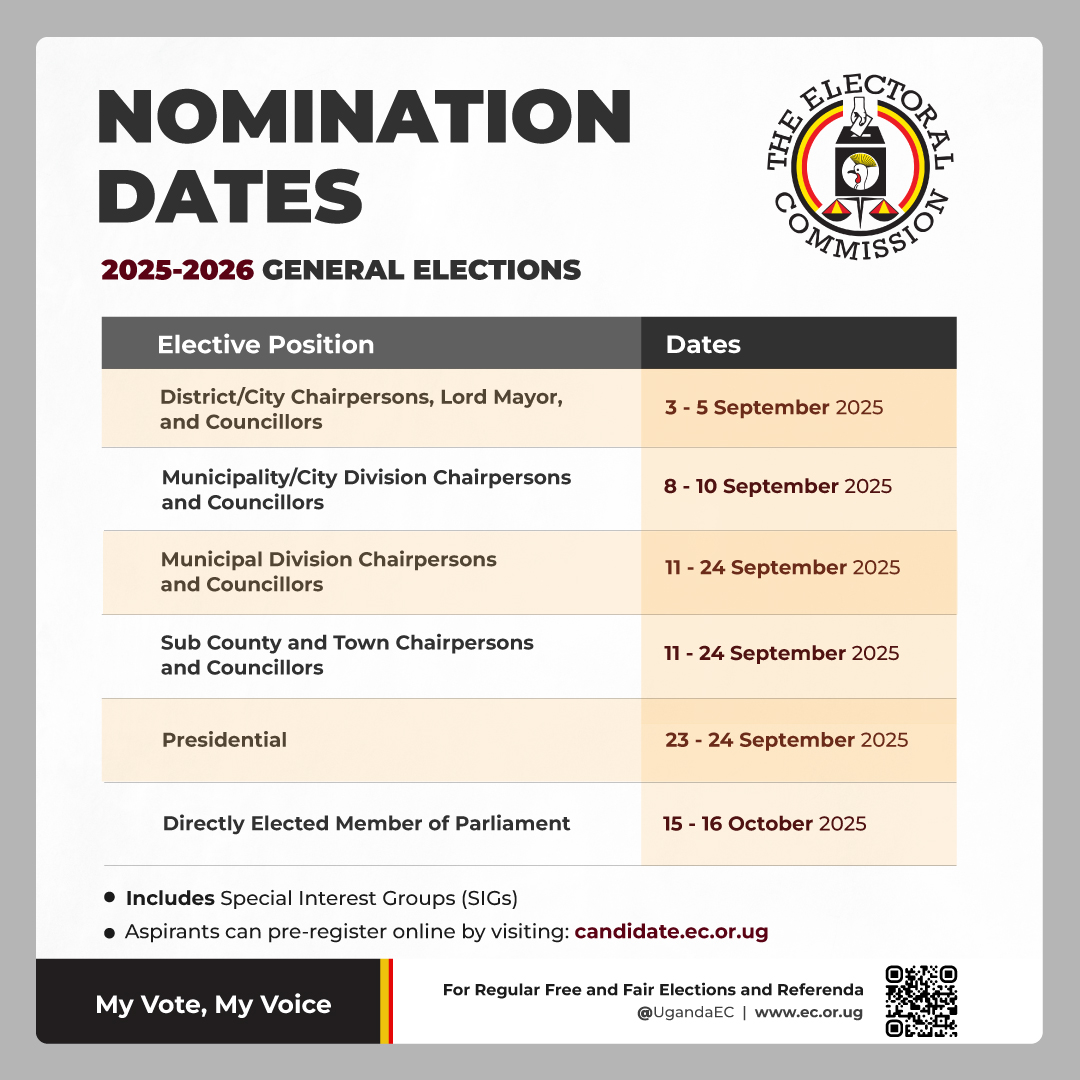In the grand tapestry of national development, few indicators so viscerally reflect a country’s socio-economic fabric as the quality, accessibility, and sustainability of its housing stock. For Uganda—a nation of remarkable demographic dynamism and latent economic promise—the housing question is both urgent and structural. With a deficit conservatively estimated at 2.4 million housing units and expanding inexorably with urbanization, the need for bold interventions has never been more compelling.
At the heart of Uganda’s enduring ambition to provide affordable and dignified shelter stands the National Housing and Construction Company (NHCC)—an institution whose legacy, upon reaching its 60th anniversary, merits not only celebration but critical reflection.
Uganda’s Housing Deficit: A Structural and Demographic Conundrum
The contours of Uganda’s housing crisis are shaped by multiple intersecting vectors: rapid population growth (with a fertility rate of 5.2 births per woman), an annual urbanization rate exceeding 5%, underdeveloped mortgage systems, rising land costs, and an overwhelmingly informal construction sector. Compounding these dynamics is a concentration of capital and construction expertise toward high-end real estate, thereby marginalizing the vast middle- and low-income majority.
This asymmetry between supply and demand is especially stark in metropolitan Kampala, where a deluge of rural-urban migration has led to the proliferation of unplanned settlements, slum proliferation, and infrastructural stress. Without sustained, state-led housing reform, Uganda risks cementing a cycle of urban poverty and spatial inequality.
NHCC at 60: A Pillar of Public Housing Ambition
Established in 1964 as a government-led initiative to address the colonial legacy of unequal housing access, NHCC has evolved from a state-owned utility into a hybrid enterprise combining commercial pragmatism with developmental intentionality. Its mission: to conceptualize, construct, and deliver housing solutions that reflect Uganda’s aspirations for equity, dignity, and modernity.
Six decades on, NHCC has delivered over 5,000 housing units, planned satellite towns, and pioneered Uganda’s residential estate model. Yet its enduring significance lies not merely in statistics, but in institutional resilience, adaptive innovation, and a demonstrable commitment to public good amid fluctuating political and economic environments.
Strategic Interventions: Flagship Projects that Shape the Urban Imagination
- Naalya Pride Apartments Block 1 – A Vertical Response to Urban Sprawl
Located in Naalya, approximately 12.5 kilometers northeast of Kampala’s Central Business District, the Naalya Pride Apartments represent NHCC’s foresight in vertical urban housing. Comprising 3-bedroom units, this mid-rise development integrates seamlessly into one of Kampala’s most sought-after middle-class neighbourhoods.
Surrounded by arterial routes such as the Kampala–Jinja Highway and the Northern Bypass, and within proximity to shopping malls like Metroplex, schools, hospitals, and recreational centres, the estate exemplifies location-sensitive housing that balances comfort with accessibility. It is a blueprint for future-proofing urban density while preserving quality of life.

2. Rwizi View Apartments – Housing Meets Harmony in Western Uganda
Set atop the verdant Boma Hill in Mbarara, overlooking the serene River Rwizi and the iconic Nyamitanga Hills, Rwizi View Apartments offers a fusion of urban sophistication and environmental tranquility. The estate consists of 80 elegantly planned 2- and 3-bedroom units, secured within a gated perimeter.
With features such as ample paved parking, green landscaping, 24/7 security, and a dedicated fire hydrant system, Rwizi View exemplifies the expansion of quality housing beyond the capital—a critical step in Uganda’s regional urbanization strategy. It underscores NHCC’s commitment to decentralization and balanced spatial development.

3. Impala Housing Estate, Namungoona – A Model for Inclusive Urbanism
Completed and operational, the Impala Housing Estate serves as a seminal model for inclusive, integrated community development. Featuring a diverse typology of housing units—apartments, townhouses, and standalone homes—the estate is emblematic of NHCC’s capacity to deliver aspirational yet accessible urban living. The inclusion of paved roads, stormwater drainage, playgrounds, and security infrastructure speaks to a holistic vision of housing as a social ecosystem, not merely a physical dwelling.

Ongoing Projects: Expanding the Horizon of Modern Living
As Uganda’s urban population continues to surge, the National Housing and Construction Company (NHCC) is proactively responding with a new wave of innovative, well-planned housing projects designed to meet evolving residential needs. These developments reflect NHCC’s forward-thinking approach to inclusive, sustainable urbanization—offering a blend of affordability, functionality, and elegance. From upscale apartments in established neighborhoods to integrated estates that redefine community living, NHCC’s ongoing projects are a testament to its enduring mission: to shape the future of housing in Uganda, one development at a time
1. Jasmine Apartments – Urban Elegance in a Master-Planned Community
Strategically nestled within the heart of the renowned Naalya Housing Estate, the Jasmine Apartments exemplify the evolution of urban design within a meticulously master-planned community. Situated approximately 13 kilometers from Kampala’s central business district and framed by the scenic expanse of the Northern Bypass, this enclave harmonizes serenity with seamless urban accessibility.
Jasmine offers spacious 3-bedroom units featuring en-suite master bedrooms, generous living and dining areas, two modern bathrooms, and dual balconies that frame panoramic views of the surrounding estate. The 4-bedroom variant includes a dedicated self-contained guest room—ideal for multigenerational or extended family living.
The development is enhanced by proximity to key urban amenities including top-tier hospitals, banking institutions, and one of Kampala’s most prominent retail hubs—Metroplex Mall. Complemented by green recreation spaces, ample paved parking, and 24/7 security infrastructure, Jasmine Apartments reflect NHCC’s commitment to luxury living within integrated urban ecosystems.

2. Naalya Pride Apartments Phase 2 – A Vertical Spectrum of Residential Choice
Expanding on the success of its earlier developments in the area, Naalya Pride Phase 2 presents an elevated residential model, offering a sophisticated range of 1-, 2-, 3-, and 4-bedroom apartments alongside high-end penthouses. This diversity of typologies caters to a wide demographic—from young professionals seeking starter homes to established families desiring space, comfort, and community.
Located within one of Kampala’s most connected and rapidly modernizing suburbs, the development is served by multiple arterial routes, including the Kampala–Jinja Highway and the Northern Bypass, providing swift access to the city core and beyond. The estate is a reflection of NHCC’s multi-tiered housing strategy, designed to meet the needs of Uganda’s expanding urban middle class while setting new standards for vertical density and architectural elegance.
With landscaped green zones, robust utility infrastructure, and an emphasis on safety and walkability, Naalya Pride Phase 2 positions itself not merely as housing—but as an aspirational lifestyle offering rooted in sustainable urban development principles.

Ambitious Horizons: Upcoming Apartment Developments by National Housing
National Housing and Construction Company Limited is steadfast in its mission to address Uganda’s growing demand for quality and affordable urban housing. In line with this vision, several ground-breaking apartment projects are currently at the planning stage, poised to reshape Kampala’s skyline and redefine urban living standards.
One of the most anticipated developments is the Bugolobi Apartment Towers, set to comprise two majestic high-rise towers offering a mix of 2, 3, and 4-bedroom apartments along with exclusive penthouse suites. Nestled in one of Kampala’s most sought-after residential and commercial suburbs, this project is designed for elegance, convenience, and a panoramic view of the city.

In Luzira, the proposed Diaspora Village will consist of an impressive 300 housing units, catering to diverse household needs with a variety of 1, 2, 3, and 4-bedroom apartments. This initiative targets not only the local urban population but also Ugandans living abroad seeking to invest in a modern, secure, and well-planned residential environment back home.

Further expanding its footprint, National Housing plans to unveil a massive development in Lubowa, comprising 80 apartment blocks with a total of 2,000 housing units. These will range from 2-bedroom to 4-bedroom apartments, making it one of the largest housing projects in the region. The Lubowa project is strategically positioned to serve as a residential hub near major amenities, schools, and business centers along Entebbe Road.

To realize these transformative projects, National Housing will actively seek increased government funding and strategic partnerships. The ambition is clear: to fast-track implementation timelines, maintain high-quality standards, and deliver inclusive urban communities that support Uganda’s broader national development goals.




